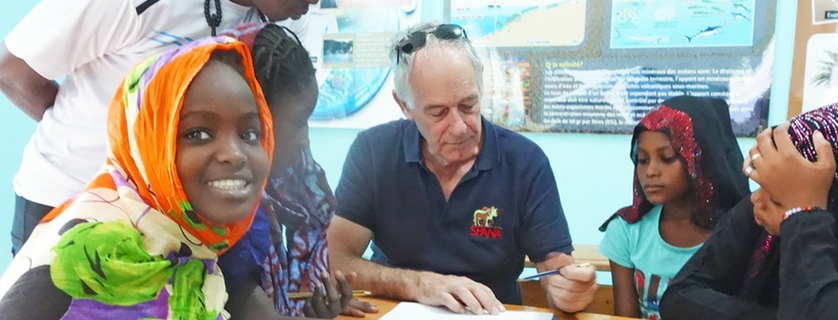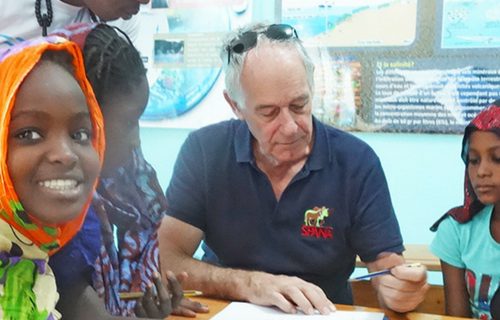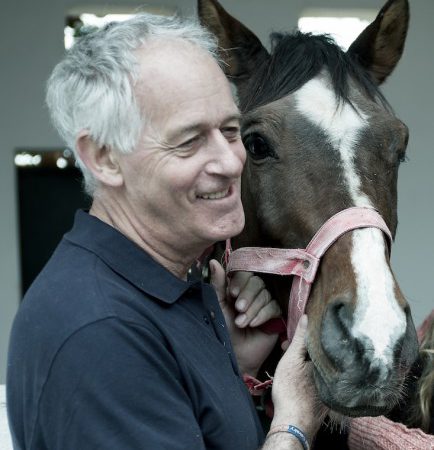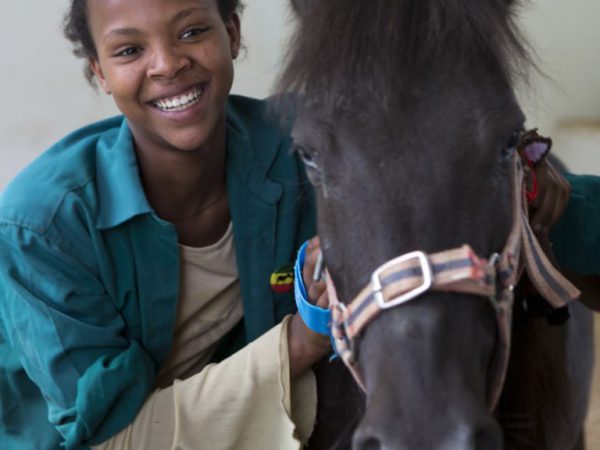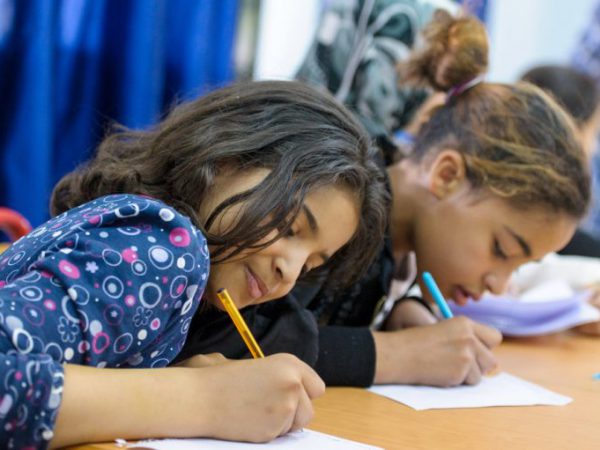You may also be interested in
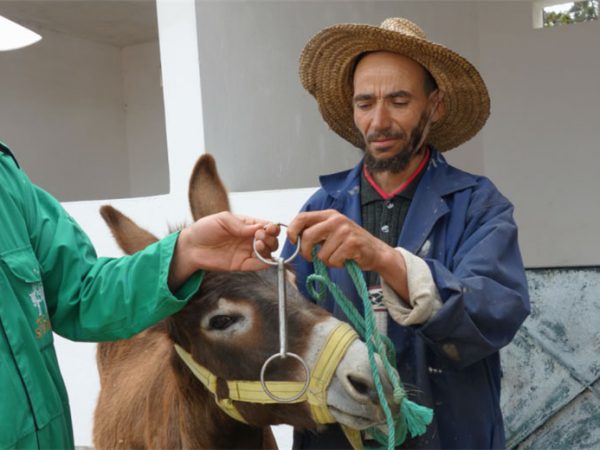
Exchanging Zrika’s painful donkey harness
Discover how our Morocco centre ensures working animals like Zrika the Donkey have access to the right equipment.
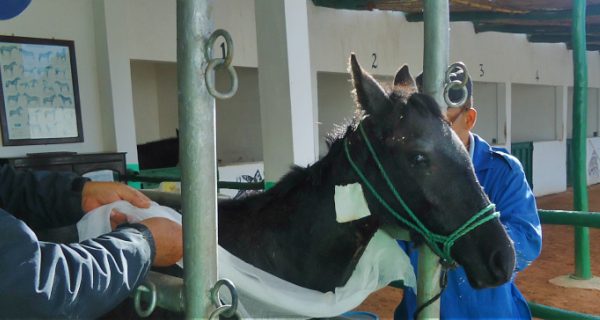
Getting a filly feeling better
A young horse called Sawda visited our veterinary centre in Morocco with some painful neck swellings.

Exchanging Zrika’s painful donkey harness
Discover how our Morocco centre ensures working animals like Zrika the Donkey have access to the right equipment.

Getting a filly feeling better
A young horse called Sawda visited our veterinary centre in Morocco with some painful neck swellings.

